- by Niyi Busari ,
- Nov 29, 2019
Flying Eagles Risk World Cup Failure Without These Six Key Changes
-
- by Niyi Busari,
- May 16, 2025
- in CAF
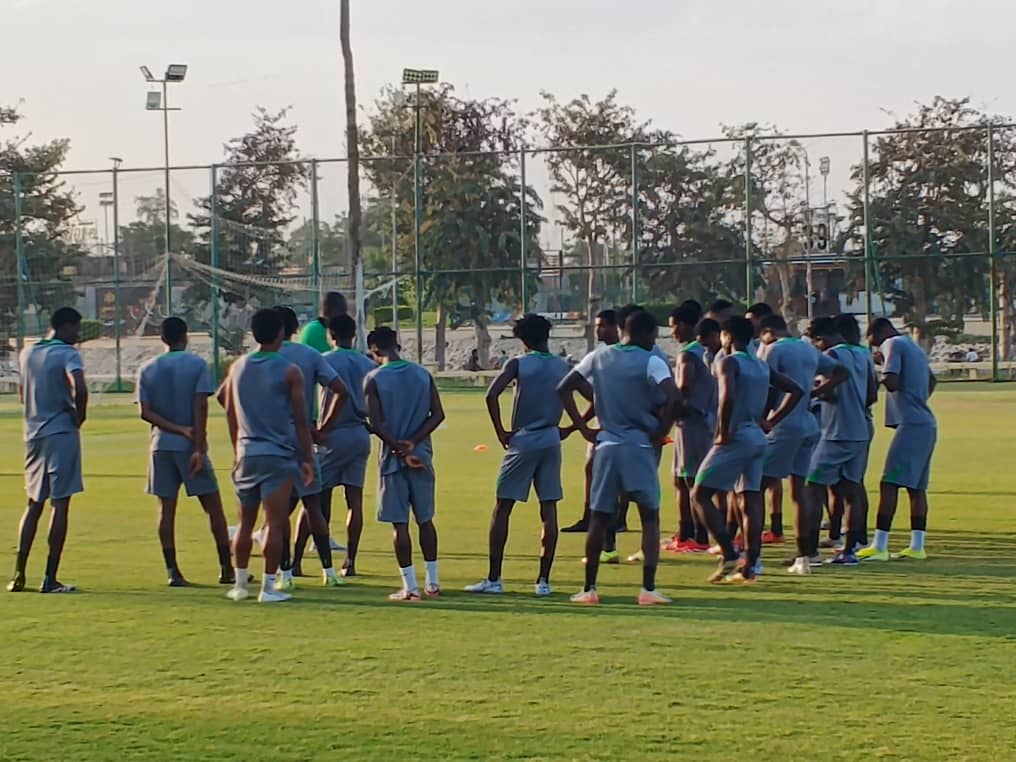
Flying Eagles in training ahead of their 2025 CAF U20 AFCON semi-final clash with South Africa
Flying Eagles Risk World Cup Failure Without These Six Key Changes
By Niyi Busari
Despite a less-than-convincing campaign at the 2025 CAF U-20 Africa Cup of Nations in Egypt, Nigeria’s Flying Eagles managed to secure qualification for the FIFA U-20 World Cup. The seven-time African champions recorded two wins, two draws, and one loss in five matches—edging Tunisia 1-0 in their opener, drawing with Morocco (0-0) and Kenya (2-2), and advancing to the semifinals after a dramatic penalty shootout win over Senegal, following a goalless draw in extra time.
The team scored just three goals from open play throughout the tournament and conceded the same number, highlighting several areas that need urgent attention ahead of the World Cup in Chile this September.
Here are six critical issues BSN Sports identified during Nigeria’s AFCON U-20 campaign:
1. Technical Crew Needs Reinforcement or Restructuring
The coaching staff’s tactical approach was often questionable throughout the tournament. The Nigeria Football Federation (NFF) should consider appointing an experienced technical adviser to support or restructure the current bench. In-game management and strategic adaptability appeared lacking, especially in crucial moments.
2. Lack of Squad Depth
The tournament exposed a glaring weakness in the team’s depth. Beyond the starting XI, many substitutes failed to offer adequate competition or impact. Alarmingly, only about six players in the squad truly stood out, raising concerns over overall team quality and selection integrity.
3. Poor Final Passes in Attack
The Flying Eagles frequently faltered in the final third. While they managed decent build-up play, forwards consistently struggled with delivering decisive final passes. The inability to break down defenses or create clear-cut chances severely hampered their goal-scoring opportunities.
4. Midfield and Attack Need Overhaul
The midfield and attacking units require significant upgrades. Creativity, control, and clinical finishing were largely absent, making it difficult for the team to sustain pressure or capitalize on openings. Without a comprehensive overhaul, the team risks underperforming on the global stage.
5. Over-Reliance on Kparobo Arierhi
Striker Kparobo Arierhi came into the tournament with high expectations but failed to deliver when it mattered most. The team’s over-reliance on him, coupled with the lack of a strong alternative in the striker role, left the attack predictable and ineffective. A more balanced and competitive forward line is essential.
6. Early and Structured Camping
To enhance team cohesion and tactical clarity, the NFF must initiate early preparations for the World Cup. An extended training camp will give coaches the time to integrate new players, fine-tune strategies, and build a more synchronized squad.
As the countdown to the FIFA U-20 World Cup begins, addressing these issues swiftly and decisively could be the difference between another disappointing outing and a breakthrough performance on the global stage.


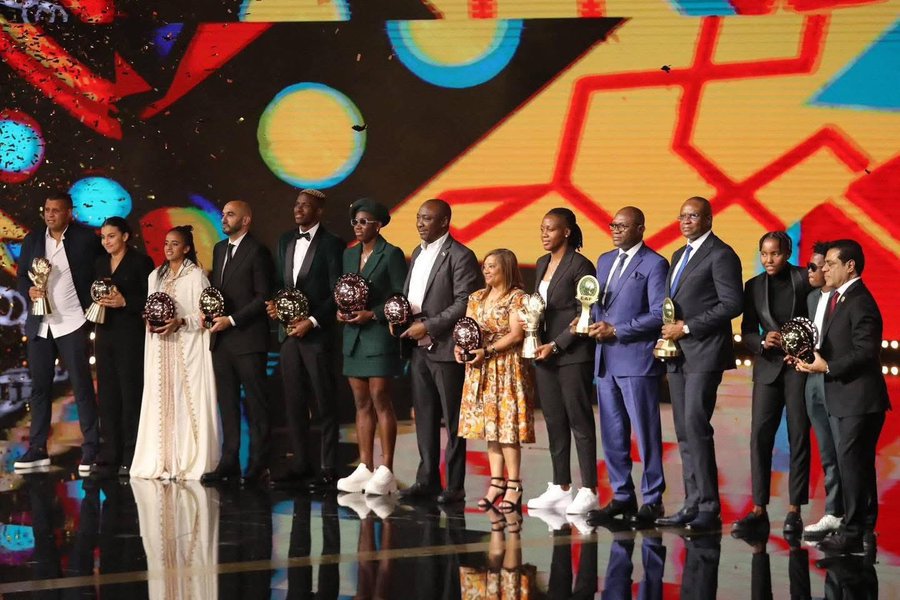
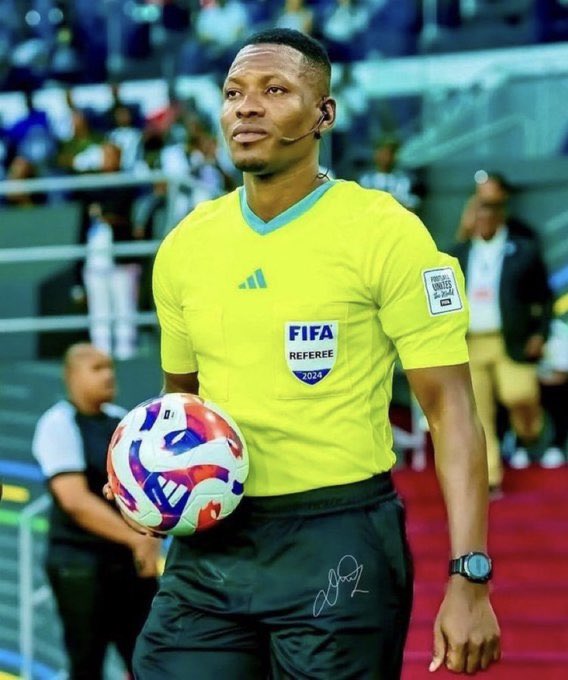
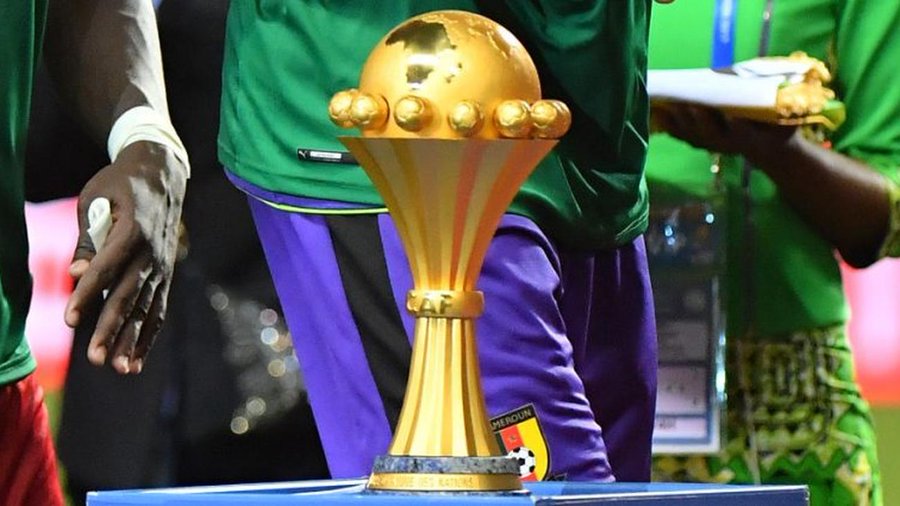
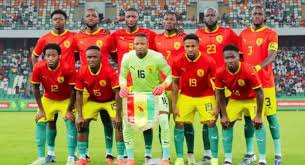
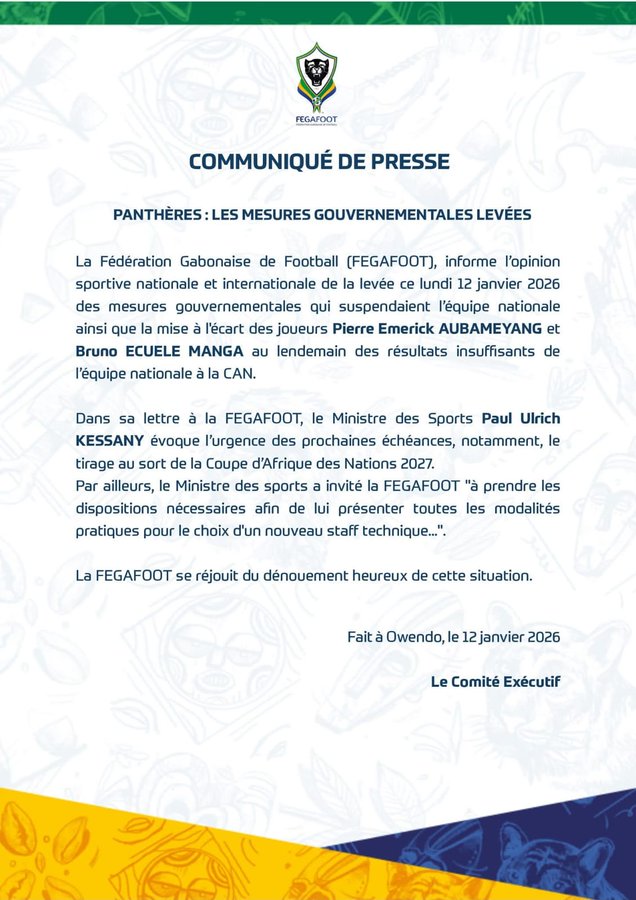

3 Comments:
Leave a Reply